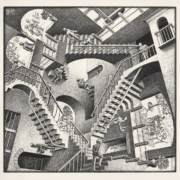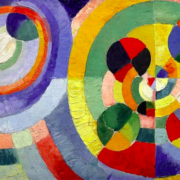Forms of institutions. Creative and Destructive Processes
Abstract
This essay examines different aspects of the life of institutions. Through an analysis working on an anthropological and psychoanalytical level, contrasting yet coexisting aspects are brought to light. Beginning from an analysis of the recent film The Lobster, which describes an anguishing form of institutional Dystopia which favours conformist and destructive individual and group experiences, a comparison with those institutional forms that, on the contrary, take the shape of supportive and creative relationships is proposed. This work presents reflections on the relationships between specific emotional contexts in the psychiatric institutions, the ritual constructive and destructive behavioural aspects Read more



